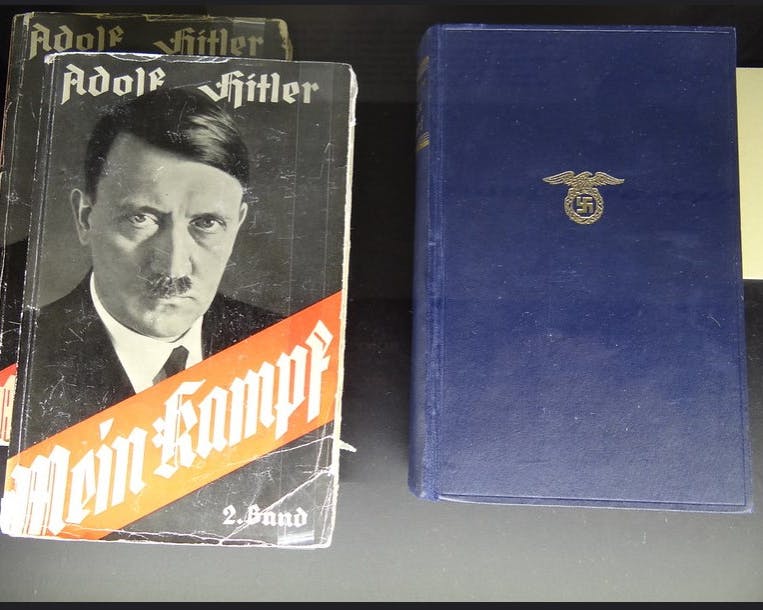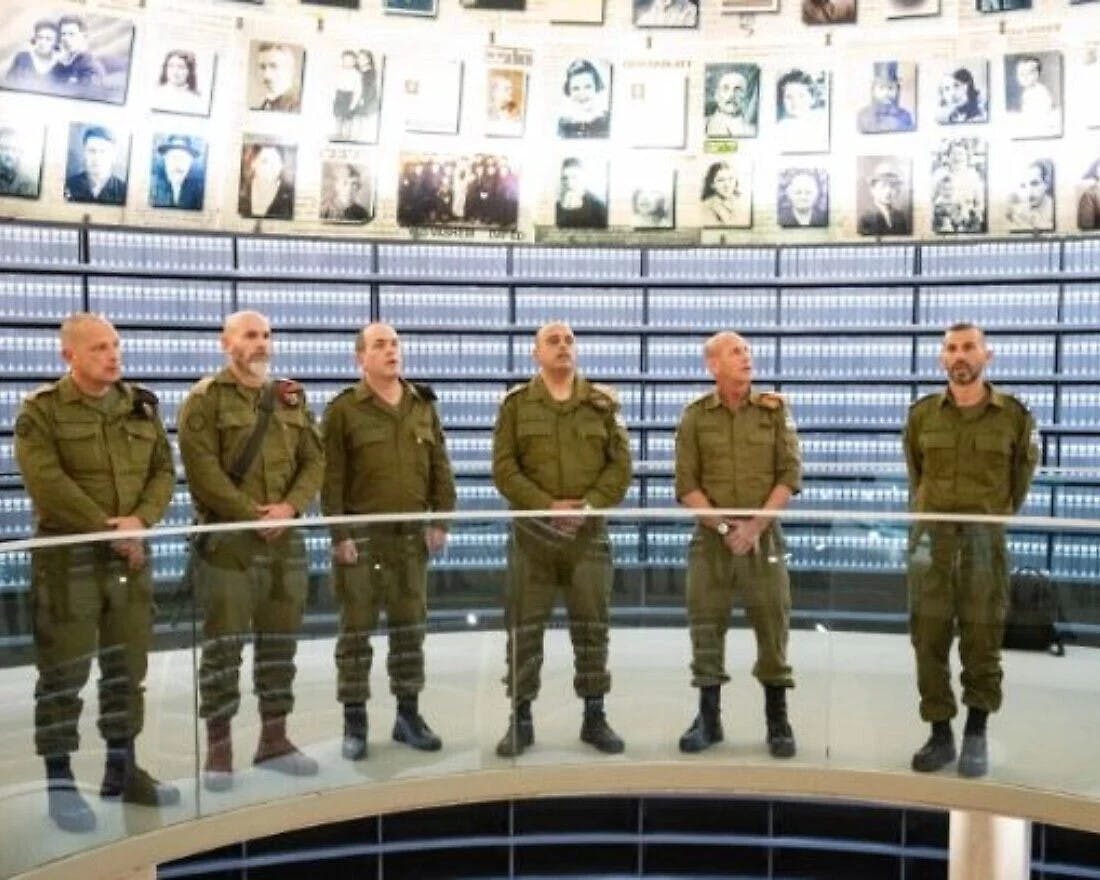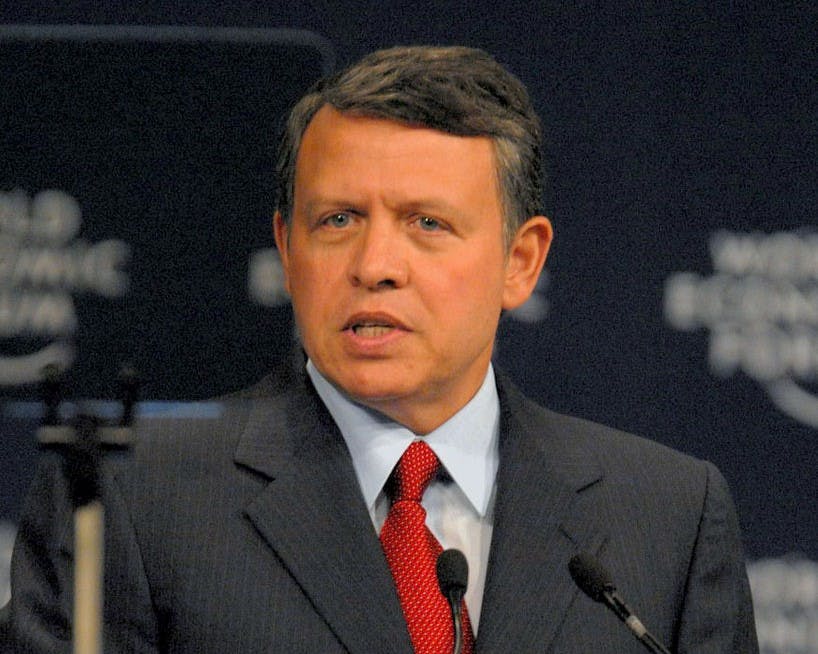Meet the Holocaust Survivor Who Also Survived October 7
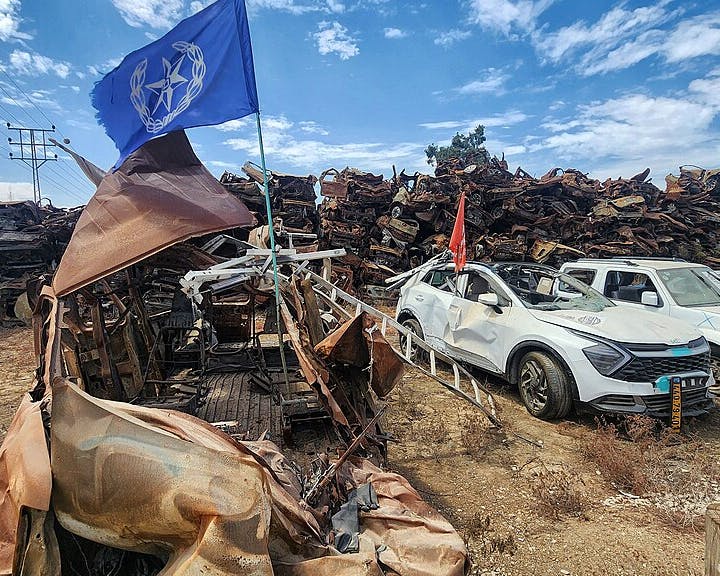
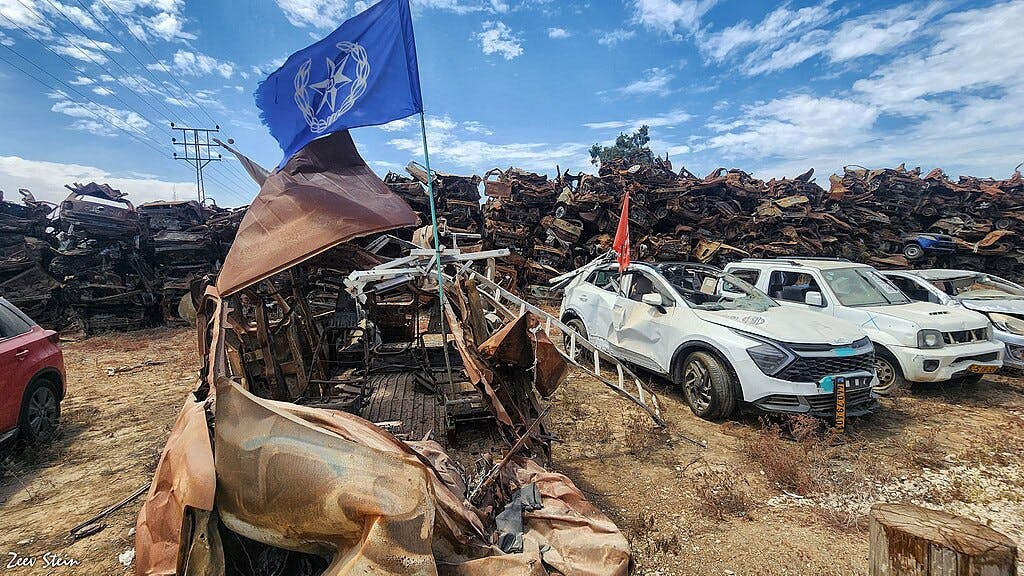
Wednesday, 23 April 2025 | For the past year and a half, the name of the Israeli town of Tkuma has been closely tied to the haunting image of scorched vehicles piled at its western edge—remnants of the October 7 massacre. The charred cars, gathered in a makeshift memorial in the fields, have become a site of pilgrimage for visitors to the region.
Located just 7 kilometers (4.3 mi.) from the Gaza border, Tkuma was spared that day, thanks to a small group of local alert squad members. Though Hamas terrorists passed by the village gate, they didn’t enter.
Tkuma was founded on the night between October 5 and 6, 1946, along with 10 other communities established immediately after Yom Kippur [Day of Atonement]. That was 77 years—minus one day—before the darkest Saturday the region has known.
Its first residents were mostly Holocaust survivors from Eastern Europe, which is reflected in the village's name, meaning “rebirth.” Last year, Shoshana Neumann, one of Tkuma’s founding members, died. With her death, 87-year-old Yehuda Hauptman became the last Holocaust survivor living in the village—his life a symbol of the Jewish people’s renewal after the Holocaust.
‘A Matter of Fate’
On the morning of October 7, Hauptman dressed in his Sabbath clothes—a suit and hat—and headed to synagogue for morning prayers. Along the way, a neighbor, Shlomo, stopped him and told him to return home due to the unfolding situation.
“It was Simchat Torah [rejoicing in the Torah] . My daughter and granddaughters were with us. We were planning to celebrate,” he recalled. “I didn’t feel anything unusual on my way out. I’m hard of hearing, so I wouldn’t have noticed the noise anyway. It was just fate—Tkuma’s fate,” he said.
On Wednesday, Hauptman will recite the memorial prayer El Maleh Rachamim ["God full of Mercy"] at the official state ceremony at Yad Vashem.
Born in 1938 in Czechoslovakia, Hauptman's family fled to Budapest in 1941 to escape the collaboration between the fascist Slovak regime and Nazi Germany.
“I think of my father’s siblings. Those who stayed in Czechoslovakia didn’t survive,” he said. “We moved to Hungary and were saved. That generation had lived through World War I. They believed that if they kept their heads down, the trouble would pass. They hoped the same in World War II.”
In 1944, when the Nazis occupied Hungary, Hauptman was forced to wear a yellow star badge and live in a ghetto. His mother managed to obtain Swedish citizenship papers, which allowed the family to seek shelter in a protected house. His father, however, was sent to a labor camp.
He escaped, hid in the forests and returned—only to be caught again and sent back. Hauptman’s grandparents helped his mother care for him and his three siblings in the ghetto. Due to starvation, young Yehuda would sneak out to scavenge for food scraps from garbage bins to feed the family.
The Nazi extermination campaign reached Hungary with devastating speed. Between May 15 and July 9, 1944, roughly 500,000 Hungarian Jews were deported to Auschwitz-Birkenau and murdered. “It was fate,” said Hauptman. “We weren’t put on those trains—others were.”
Aliyah and October 7
After the war, Hauptman and his sister made their way to Vienna, then to Italy and finally made aliyah [immigration] to Israel in 1950. Their mother died in Budapest but their father and two other sisters joined them in Israel. Yehuda was placed in Kibbutz Sha’alvim as part of the Youth Aliyah program, where he worked in agriculture and studied. He later enlisted in the Nahal military unit and served in Israel’s wars.
Yehuda and his wife, Yehudit, eventually settled in Tkuma, where they raised six children and today have 23 grandchildren and 10 great-grandchildren. He realized his pioneering dream by working as a farmer and taking on public roles in nearby communities, contributing to their development and welfare.
On October 7, the Hauptmans were at home. “The security chief told us that most weapons were removed from the armory before the attack—only two were left. Kibbutz Sa’ad reported to Tkuma and we got ready. A police officer used his patrol car to block the village gate.”
“The terrorists drove by on the road and just kept going,” he recalled. “There was an argument among residents whether to open fire but the commander said, ‘Let them go. We don’t have enough weapons or ammunition to face them.’”
Like other residents, the Hauptmans were evacuated for four months. During that time, Yehuda longed for the land he loved. The distance only deepened his connection to it. He held on to the hope of returning, rebuilding and carrying on.
“Tkuma was established by Holocaust survivors and a few native-born Israelis. They rushed to settle the land before the UN’s partition vote—to show there was Jewish life in the Negev. That was the idea behind the founding of the 11 points in the Negev,” he explained.
Hauptman added that Tkuma aimed to set an example for other villages in the region. “After the Six-Day War, we started growing industrial crops. We wanted to help the new olim [Jewish immigrants] villages learn what grows well here.
“We pulled the cart forward. That was our message: to lead by example. As a village secretary and agricultural coordinator, I worked to develop the settlements and support the people. Many newcomers didn’t know how to farm. Our message was that they could learn from us.”
‘Too Small to Voice Political Opinions’
Hauptman rarely comments on current affairs, but said one issue bothers him: the lack of military conscription among ultra-Orthodox Jews, particularly those not studying in yeshivas. “It pains me that yeshiva students aren’t drafted,” he said.
“I remember when yeshiva heads used to say that Torah protects the land—but also that those who aren’t actually studying are like bloodletters. It bothers me that today’s rabbis don’t say the same,” he said.
“I’m too small to voice political opinions,” he added. “As it says, ‘Many are the thoughts in a man’s heart but the counsel of God will stand.’ When I was the secretary of Moshav Tifrach, a yeshiva from Kfar Maimon moved in. They became radical and caused trouble. We decided to limit their funding.
“One day, the head of the yeshiva came to me with threats—said he’d have me fired and ostracized. I told him, ‘I’m just a messenger of God. If God sends me somewhere else, I’ll go.’ That’s how I see [Benjamin] Netanyahu, too. He’s a messenger. There may be disagreements but he’s been sent to endure this.”
((This article was originally published by Ynetnews on April 22, 2025. Time-related language has been modified to reflect our republication today. See original article at this link.)
https://www.ynetnews.com/article/h1lfyebjgl
Photo License: Pikiwiki Israel

